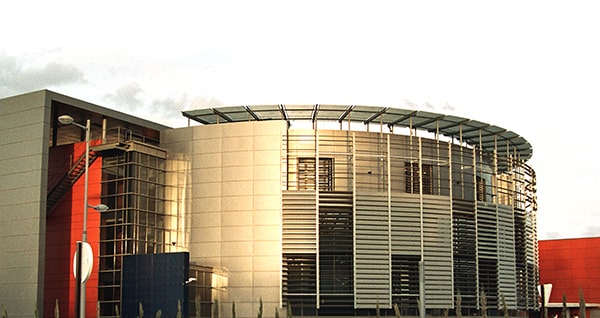OPENING
- 09:00Registration and Welcome
- 09:25Welcome! An intro to GATK
- 09:45Intro to Sequencing Data
- 10:15Intro to Data Pre-Processing
This workshop will focus on the core steps involved in calling variants from Illumina next generation sequencing data using the Genome Analysis Toolkit (GATK).
You will learn about best practices in calling both germline and somatic variants: single nucleotide variants (SNVs), short insertion/deletions (indels), and structural variants (SVs) with a focus on copy number variants (CNVs).
We will also cover considerations to take when calling variants on the mitochondrial genome, as well as variant calling from single-cell RNA-seq data and long reads sequencing data. We will cover how the data structures provided by GATK can help you process large datasets in parallel and at scale. Although this workshop focuses on human data, the majority of the concepts and approaches apply to non-human data, and we will cover some adaptations needed in those situations.
The course is followed by a tutorial on tertiary analysis (diagnostic and secondary findings) using the tools developed by the Platform of Computational Medicine.
The course is aimed at life scientists interested in genomic variant analysis and its applications. We don’t assume prior experience in this topic, but as per the requirements below it is essential to have command line experience and a basic understanding of sequencing technologies.
This course is also suitable for participants with prior experience in other types of ‘omics’ data analysis (e.g. RNA-seq), who would like to learn about this topic.




Hotel Abades Nevada Palace ****